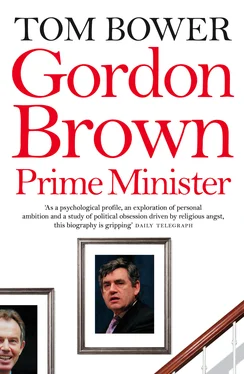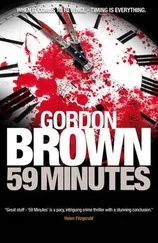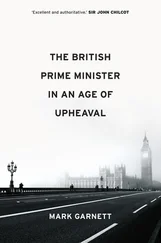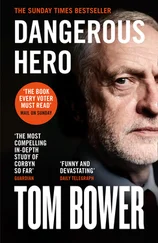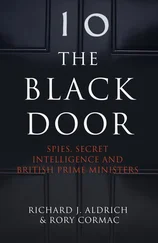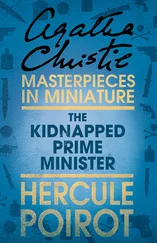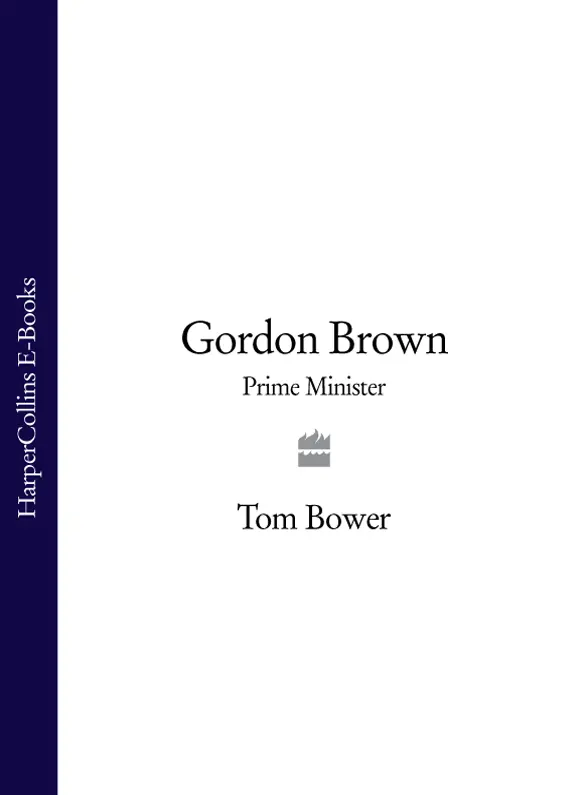
TOM BOWER
GORDON BROWN
PRIME MINISTER

DEDICATION Dedication Introduction 1 Ghosts and Dreams 2 Metamorphosis 3 Turbulence 4 Retreat 5 Seduction 6 ‘Do You Want Me to Write a Thank-You Letter?’ 7 Fevered Honeymoon 8 Demons and Grudges 9 Enjoying Antagonism 10 Turmoil and Tragedy 11 Revolt 12 Aftermath 13 Bloodshed 14 Coup Index Acknowledgements About the Author Source Notes Praise By the Same Author Copyright About the Publisher
To Sophie, with love
Cover
Title Page TOM BOWER GORDON BROWN PRIME MINISTER
Dedication DEDICATION Dedication Introduction 1 Ghosts and Dreams 2 Metamorphosis 3 Turbulence 4 Retreat 5 Seduction 6 ‘Do You Want Me to Write a Thank-You Letter?’ 7 Fevered Honeymoon 8 Demons and Grudges 9 Enjoying Antagonism 10 Turmoil and Tragedy 11 Revolt 12 Aftermath 13 Bloodshed 14 Coup Index Acknowledgements About the Author Source Notes Praise By the Same Author Copyright About the Publisher To Sophie, with love
Introduction
1 Ghosts and Dreams
2 Metamorphosis
3 Turbulence
4 Retreat
5 Seduction
6 ‘Do You Want Me to Write a Thank-You Letter?’
7 Fevered Honeymoon
8 Demons and Grudges
9 Enjoying Antagonism
10 Turmoil and Tragedy
11 Revolt
12 Aftermath
13 Bloodshed
14 Coup
Index
Acknowledgements
About the Author
Source Notes
Praise
By the Same Author
Copyright
About the Publisher
Their laughter was raucous. Seated in the Club section of the British Airways aircraft, the ten men were bonded by their love of football and their anticipation of a laddish weekend in Rome. Five months after the general election, the new Chancellor of the Exchequer was laughing with his intimate gang. There was much to celebrate.
On Saturday, 11 October 1997, England was playing Italy in a qualifying match for the World Cup. The valuable tickets for the game had been obtained for the group by Geoffrey Robinson, the paymaster general, as a favour to Gordon Brown, who was seated in the front of the jet. The prospect of football, beer and banter in Rome appealed to the former schoolboy footballer. The game was a male’s world, an emotionally satisfying conclave excluding women. The weekend would also be an opportunity to develop relationships with journalists, whose sympathetic reports about his successes would enhance his reputation and help his dream to become Britain’s prime minister. Brown, the host of many noisy parties during and after his student days in Edinburgh, enjoyed the mixture of politics and sport.
The invitations to the journalists had been issued by Charlie Whelan, the chancellor’s sparky press spokesman, who was seated near Brown. Over the previous years Whelan had regularly offered friendly journalists tickets to special football matches and issued invitations to memorable parties before international fixtures in Robinson’s flat at the Grosvenor House Hotel in Park Lane. ‘Oh, Geoffrey,’ quipped Brown as they flew over Tuscany, ‘your villa is down there. We should have a campaign: one villa one vote.’ The reference to the villa controversially loaned to Tony Blair and his family during the summer triggered more laughter. Brown had been in good form ever since they assembled at Heathrow. ‘What’s the difference,’ he had asked as they waited for the plane, ‘between Jim Farry [the chief executive of the Scottish Football Association] and Saddam Hussein? One is an evil dictator who will stop at nothing, and the other is the leader of Iraq.’ The banter was joined by Ed Balls, the chancellor’s personable and intelligent adviser, and the fourth of the quartet – Brown, Robinson, Balls and Whelan. Balls’s eminence in the Treasury was resented only by the envious and the defeated. The thirty-year-old was the intellectual guide of the chancellor’s conversion from a traditional socialist to the mastermind of New Labour’s appeal to the middle classes. Since Labour’s landslide victory Balls had become guru, gatekeeper and ‘deputy chancellor’ in the Treasury.
The four had unashamedly fashioned their capture of the Treasury as storm troopers assailing a conservative bastion, revolutionaries expelling the old guard. Over more than a decade Gordon Brown had plotted and agonised to achieve that coup. Disputes and distress had marred the route to 11 Downing Street, and five months after his victory the new, unconventional inhabitants of Whitehall incited malicious gossip about the introduction of bull market tactics into Westminster politics, prompting Blairites to accuse Brown of behaving like a Mafia godfather, an accusation he resented.
The only unease among the six journalists was caused by their Club class tickets, each costing £742. Geoffrey Robinson had privately settled the account, leaving a suspicion that the journalists would not be pressed to repay. His guests briefly considered the millionaire’s motives. Robinson’s ebullience made the trip feel like one of those louche jamborees organised by public relations companies for anxious clients. His fortune, earned in suspicious circumstances and concealed in offshore banks, had financed Brown’s private office before the election. For any politician to be associated with Robinson provoked questions. The journalists judged that the chancellor was not suspicious about the motives of their host, whose generosity had relieved the Scotsman’s social isolation in London. Nevertheless, before the jet landed, some resolved that regardless of Charlie Whelan’s inevitable scoffs, their fares would be reimbursed, with a request for a receipt.
The laughter halted. Gordon Brown, dressed in his customary dark suit, white shirt and red tie, fumed, ‘Do you know they’ve sold the Scotland match against Latvia to Channel 5, and only half of Scotland has Channel 5?’ The admirer of Jock Stein had travelled to see Scotland play in Spain during the 1982 World Cup, and was dogged by a grievance about the day’s other qualifying match. The gripe erupted again after the landing at Rome airport.
The privileges of political office had been snatched by the chancellor’s party. On the instructions of Sir Thomas Richardson, the British ambassador, the embassy’s economic secretary, Rob Fenn, welcomed the group at the airport. But rather than drive direct to the embassy, Brown asked Fenn whether he knew anyone in Rome who subscribed to Channel 5. ‘I’ve got to see the Scotland – Latvia match,’ he said. After frantic telephone calls, Peter Waterworth, a first secretary, was unearthed. ‘His mother gave him a Sky subscription for his birthday,’ reported Fenn with relief. ‘Channel 5 comes with the card.’ ‘Well done,’ gushed Brown. Robinson beamed. A brief diplomatic chore over lunchtime had been arranged with Carlo Azeglio Chamoi, the Italian finance minister, to justify the trip. After that, the pleasure could start.
‘Latvia, we love you,’ chanted a group of England fans, spotting Brown step from the ambassador’s car in the centre of Rome. Brown smiled back. Public recognition elated the congenitally clandestine bachelor. Football’s tribalism was a bond, and he assumed that Waterworth, a Manchester United fan from Belfast, would welcome a Scottish fan in his living room.
Читать дальше
